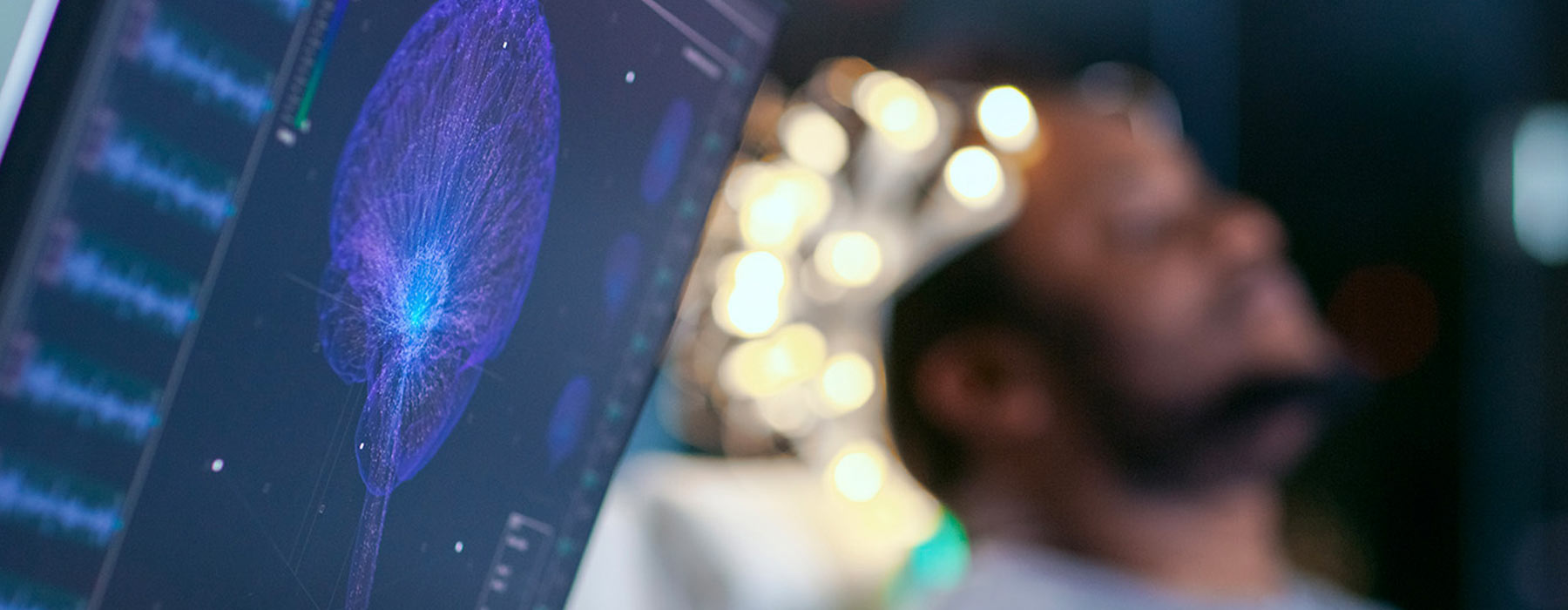The Science of Sleep in Miami

Sleep is increasingly recognized as a driving factor of good health and/or disease. Recently, the elite journal Science featured sleep research on its cover, underscoring how important the discipline has become.
Girardin Jean-Louis, Ph.D., a sleep scientist at the University of Miami Health System, was one of several researchers featured in the issue. Dr. Jean-Louis recently moved to Miami to establish the Translational Sleep and Circadian Sciences (TSCS) Program at the University of Miami Miller School of Medicine. The group will investigate the underlying mechanism of circadian rhythm (our internal 24-hour clocks) and the reasons why some communities face sleep and circadian disparities that can drive long-term health consequences.
“Laboratory data has shown that Blacks do not receive adequate exposure to the light-dark cycle,” said Dr. Jean-Louis.
“As a result, if you compare melatonin secretion, a marker of the endogenous circadian rhythms, individuals of the white race/ethnicity approximate the expected 24-hour photoperiod, but it’s much shorter for those of the Black race/ethnicity.”
Nobody understands the root causes of these disparities, but the consequences are pretty straightforward. Poor sleep, resulting from circadian misalignment, can increase the risk for obesity, diabetes, cardiovascular disease, depression, and dementia.
Adequate sleep is so essential to overall health, the U.S. Department of Health and Human Services has included it in its Healthy People 2030 initiative.
Dr. Jean-Louis and his TSCS research team will investigate sleep and circadian disparities in Miami’s Black and Hispanic communities to fully understand the circadian misalignment observed in those communities, their downstream cardiovascular and brain health consequences, and possible remedies.
The New York experience
Before coming to Miami, Dr. Jean-Louis spent eight years at the NYU Grossman School of Medicine. He developed a program to delineate the causes of sleep disparities and to implement precision behavioral medicine interventions to reduce those disparities. This has required the involvement of various community stakeholders and health champions, given individuals in minoritized communities tend to distrust the medical establishment.
He and his team had to build relationships, an incremental but ultimately successful process. They recruited local influencers to join a Community Steering Committee and met people in their neighborhoods – churches, barbershops, beauty salons, and other gathering spots – to share their simple pitch: Sleep is one of the most important things you can do to improve your health.
Through this process, they debunked several myths, such as snoring is a sign of good sleep.
“They think Uncle Bob is in a deep sleep, but they were surprised to learn that snoring is a symptom of sleep apnea,” said Dr. Jean-Louis. “Unfortunately, Uncle Bob’s snoring is actually a risk that could lead to a heart attack or stroke because he’s not breathing well.”
Over time, the NYU Sleep Disparity Workgroup became a trusted partner in New York’s vulnerable and disadvantaged communities, helping many people overcome their distrust of white coats and attending clinics for much-needed care.
The next level
Buoyed by the recent article in Science and other recognitions, Dr. Jean-Louis is replicating his NYU success in Miami. Fortunately, he does not have to start from scratch. A member of his NYU Community Steering Committee made a few local introductions, allowing the team to hit the ground running.
With this community buy-in, the Miller School of Medicine sleep and circadian researchers will begin the rigorous process of determining why the circadian clocks in Blacks, and possibly other minorities, may run slower than others.
Dr. Jean-Louis has a long list of scientific questions he is investigating. How does a person’s environment influence their sleep – light, noise, temperature, air quality, green space (or the lack of it)? What are the genetic and epigenetic (molecular tags that govern gene expression) signals that influence sleep? Does systemic racism or discrimination play a role? The circadian lab will provide a highly controlled environment to help answer these and many other questions.
“The circadian lab we’re now building will help us delineate these circadian disparities and better understand the physiological triggers that are causing them,” said Dr. Jean-Louis. Once we understand the biological underpinnings of these disparities, we will be in a better position to help the community implement programs to improve the health of their circadian clocks.”
Written by Josh Baxt.
Tags: Dr. Girardin Jean-Louis, sleep medicine in Miami, sleep research, sleep research in minorities, sleep science
